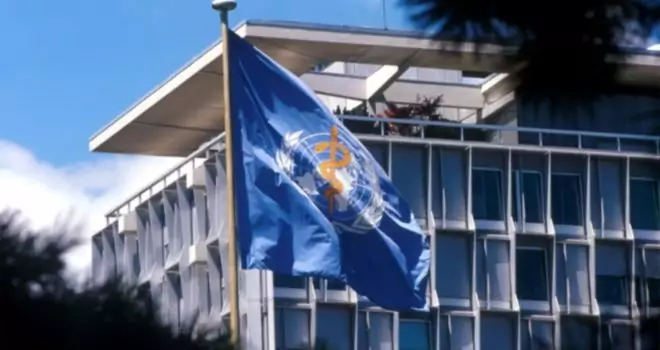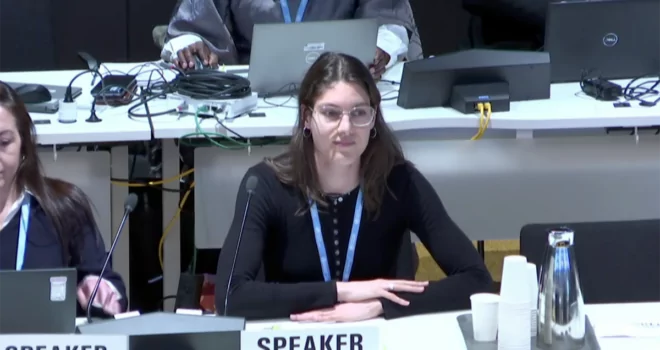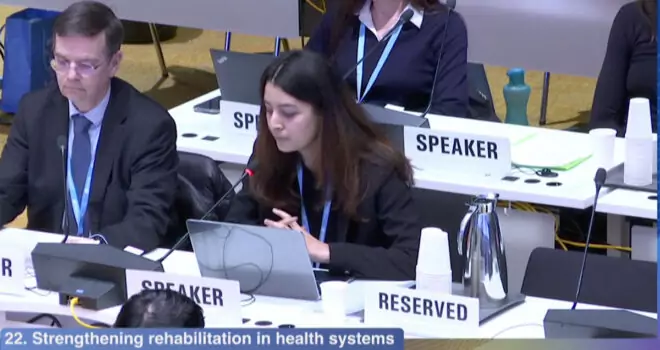This is a statement delivered at the WHO Executive Board Meeting (EB154) on Agenda Item 25.4: Engagement with non-State actors
We welcome WHO’s efforts to expand its collaboration with non-State actors, particularly with civil society organizations, at all three levels of the Organization and the time dedicated by WHO staff to support the delivery of joint collaboration plans.
The establishment of the WHO Civil Society Commission is a commendable step towards a more inclusive approach, ensuring that the voices and expertise of civil society are heard and integrated into WHO.
However, improvement is needed to facilitate more meaningful and effective engagement of NSAs in WHO’s governing bodies. We look forward to the consultations that will take place between WHO, NSAs and Member States, as mandated in decision EB152(29), and would like to offer the following recommendations:
- Improve interactions between NSAs and Member States throughout the year, for instance, organizing pre-meetings ahead of January’s EB session building on those organized for the WHA since 2022, inviting NSAs to information-only sessions organized for Member States, and setting up a platform that can help Member States consult with civil society on resolutions. This would ensure that NSAs can engage in decision-making processes in a transparent and inclusive manner.
- Improve the process for constituency statements, for instance, information should be shared at least two months before the governing body meetings and the option for also doing individual statements maintained to allow for a more nuanced and representative expression of diverse views and input.
- Enhance information-sharing and logistical arrangements for NSA participation in governing body meetings, for instance, systematically providing comprehensive pre-meeting information, ensuring space for NSAs in the main rooms, regular communication about schedules, including on evening sessions, and allowing for video statements to facilitate the presence and voices of NSAs, particularly those who face logistical, health and financial challenges.
In conclusion, it is crucial that consultations continue to take place on the involvement of NSAs in WHO governing bodies to continuously build inclusive and transparent ways of working. This will not just be beneficial for the NSAs themselves but crucial for the efficacy and legitimacy of WHO’s work in addressing growing global health challenges.
This statement is delivered on behalf of:
- Save the Children
- The NCD Alliance
- The World Heart Federation
- The Union for International Cancer Control
- The International Planned Parenthood Federation
- FDI World Dental Federation


